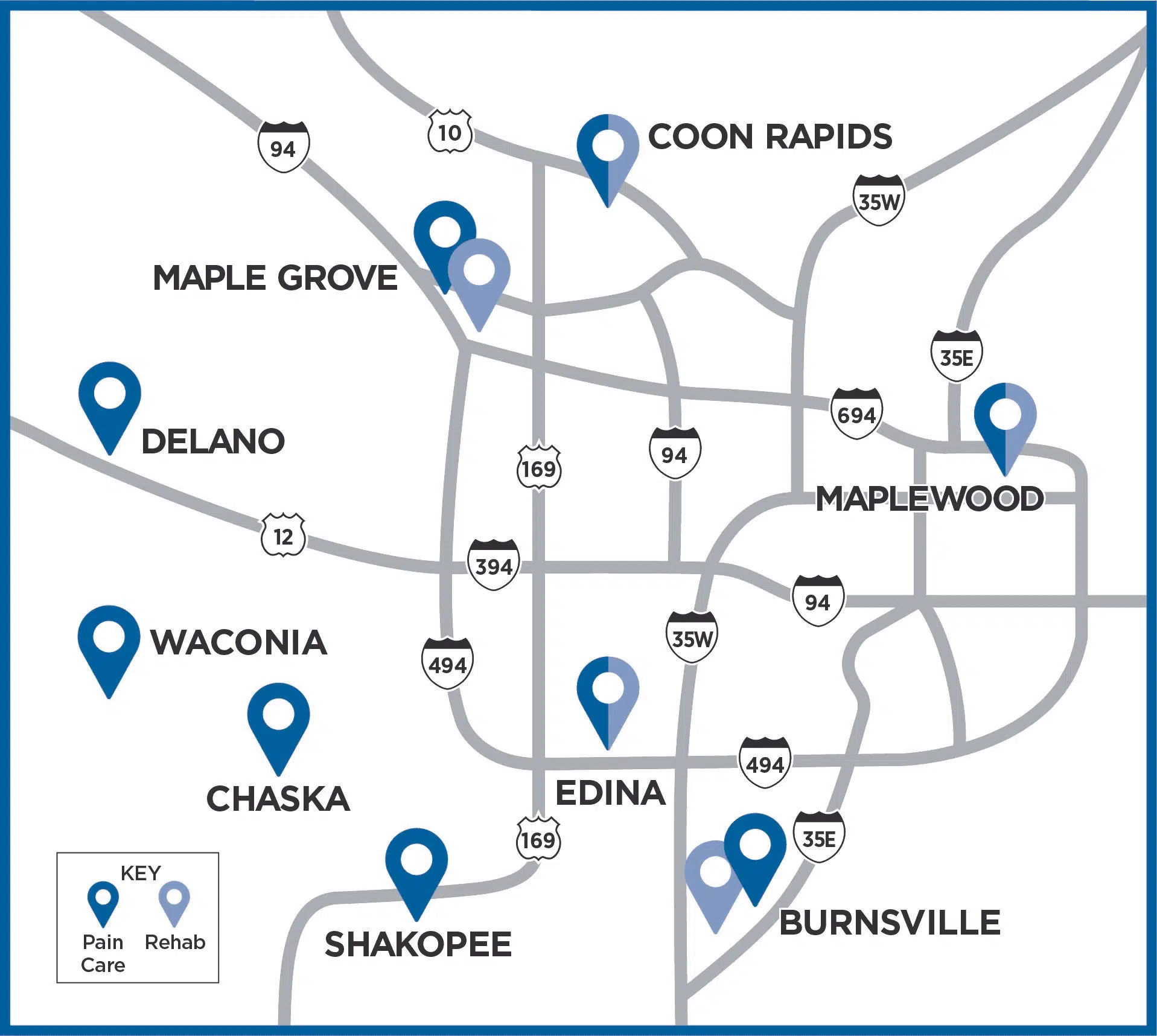Joint Injections
If you are having a difficult time finding relief from joint pain from medications or physical therapy, a joint injection may be the solution you’ve been looking for. Joint injections are non-surgical procedures that apply a solution of anesthetic and corticosteroid directly to damaged joint tissue. This can provide you with the relief you need to improve your range of motion and participate in physical therapy exercises that were too difficult for you before.
Joint injections can be applied to any joint: knees, hips, shoulders, wrists, and more. Although not a permanent solution to joint pain, it can provide varying degrees of relief that could last weeks, months, or years. It is even effective in treating non-curable conditions like arthritis.
What to expect during a Joint Injection procedure
A joint injection usually takes around 20 minutes followed by a brief period of recovery. In many cases, the doctor will be using fluoroscopy (x-rays) or Ultrasound to guide the needle to its designated location within the joint to ensure accuracy and effectiveness. Once the injection is released, the anesthetic should provide immediate relief. However, this effect is temporary, and you will likely experience soreness and swelling later that day. As the steroid starts to work, inflammation will lessen, and you should feel the results of the treatment within a few days.
What to expect after a Joint Injection procedure
We recommend you take it easy for 24 hours following your joint injection. If you experience tenderness near the injection site, you can apply ice packs for relief.
Some patients will require a series of injections to provide longer-term relief. Initial relief varies from person to person but in general, you can expect two months of relief. At that time a second injection is considered and if relief is longer than the initial injection, but less than 4 months a third injection can be considered, however, we do not recommend having more than 3 injections in a one-year period. Repeated cortisone injections may damage the cartilage within a joint, which is why we limit to 3 per year.
Explore the Twin Cities Metro Clinics where we evaluate patients for Joint Injection Procedures
*iSpine Clinics where Joint Injection Procedures are conducted

Dark blue pins represent iSpine Pain Clinic locations

